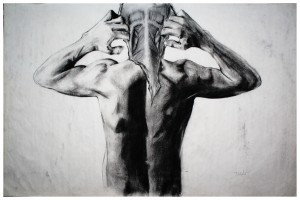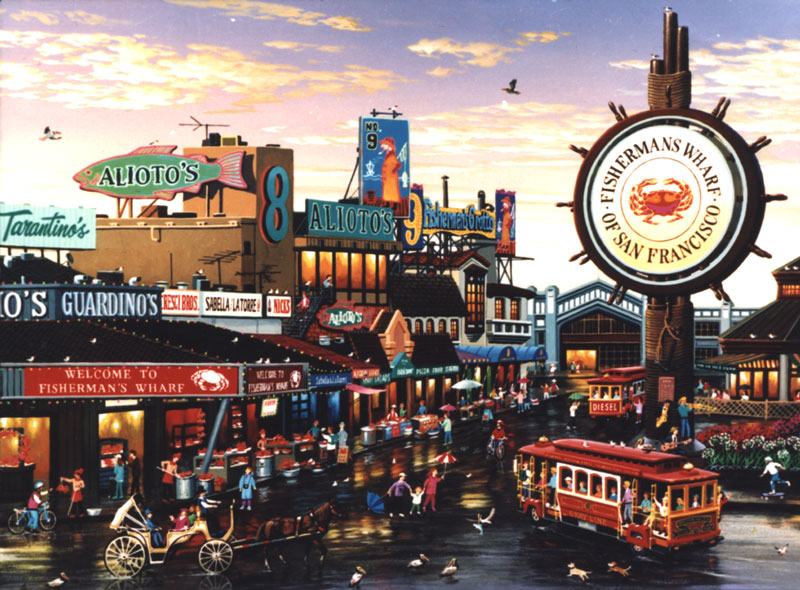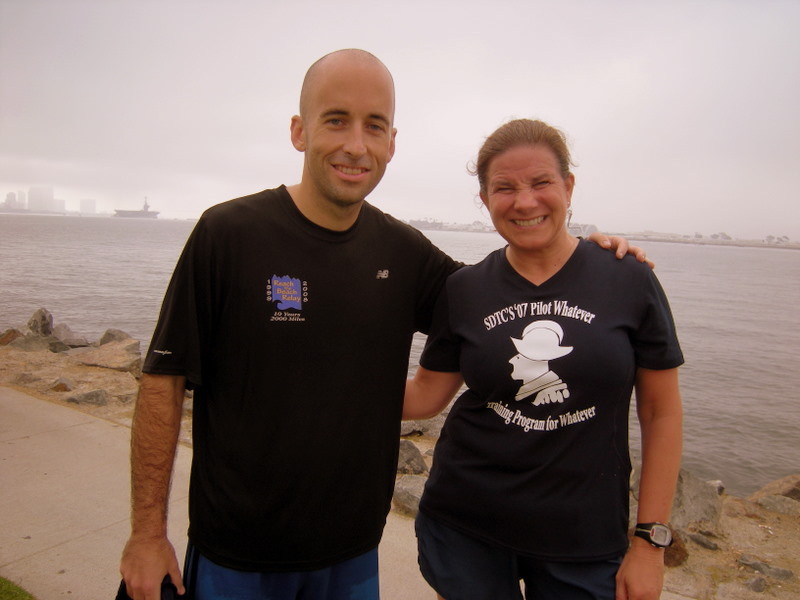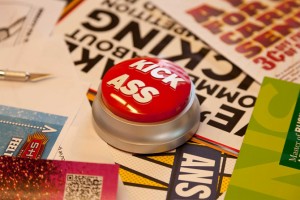The author has learned that it’s damn hard to like yourself at the beginning of sobriety and abstinence. The feeling will pass. Eventually.
Mood music:
http://youtu.be/TP06kxW_M3I
A friend and fellow 12-Stepper just hit a major milestone in her recovery: 90 days of abstinence. In the world of compulsive overeating, think of this as 90 days of back-to-back sobriety.
She worked hard for this and has every reason to be bursting with joy. Yet she’s uneasy.
She doesn’t feel quite right in her skin.
She’s going through something a lot of us go through when we kick our addictions. To call it self hatred might be a stretch. I don’t think she dislikes herself. But now that her mind is clear of the intoxicating haze, she sees things about herself that she doesn’t like. She’s suddenly aware for the first time that she has some flaws that are tough to look at in the mirror.
For a lot of people, it can become a matter of self hatred. It certainly did for me.
Truth be told, I disliked myself way before I cleaned up.
I hated how I looked. I thought I was the crappiest son/sibling/friend on the face of the Earth. Certain relatives would tell me just that, and I believed them. There’s no question that I was a lousy friend when my best friend, Sean Marley, was sinking into depression and I was too worried about my career to notice.
That’s WHY I gave in to my addictions.
Even though my mental illness included a lot of fear and anxiety over getting sick or dying, I did a pretty good job of trying to kill myself. Not in a suicidal way. Not deliberately. But in the end, addiction is a compulsion — an ache — to repeat dangerous behavior even though you know what the likely consequences are.
It’s the weirdest irony there is.
But when you start to fight your demon head-on, you do become super-aware of your own vulnerabilities. For awhile, I became paralyzed by mine. Then I figured out how to get beyond it. But it took a lot of dirty work.
In his book, “Symptoms of Withdrawal,” Christopher Kennedy Lawford writes that after he kicked drugs in 1986, it still took him awhile to actually become a good person.
Those around him weren’t always happy he was sober, especially since that meant he couldn’t make the cocktails at family gatherings like he used to.
He writes about having to learn how to be a decent human being and be clean at the same time. You would think it’s easy. But it’s not.
In the book, Lawford writes:
“There is another great fiction of recovery — that is, once you stop using your life becomes a bed of roses. Anybody who has stayed sober for any length of time knows that living sober is about learning to live life on life’s terms and a good part of life is painful. When I got sober someone said to me that I would get to realize all my greatest fears in sobriety … You know what? He was right, and it’s not half as bad as I imagined.”
The man speaks the truth. And, by the way, I highly recommend his book to anyone struggling with addiction as well as the clean up:
I had a lot to learn, and I’m still learning. Learning how to be completely honest with my wife and drop my emotional wall was hard. I’m much better at it than I used to be, but I still have a lot of work to do there.
Being more disciplined with money is something I need to be better at. After all, spending is also an addictive behavior.
The list goes on.
But while the work goes on — and will continue to go on — there’s an important point to be made.
Somewhere along the way, I learned to like myself.
Today, I can honestly say I’m happy with the man I’ve become, even if I’m still pretty damn far from perfect.
But then perfect people don’t exist. If they did, they’d be pretty boring.






